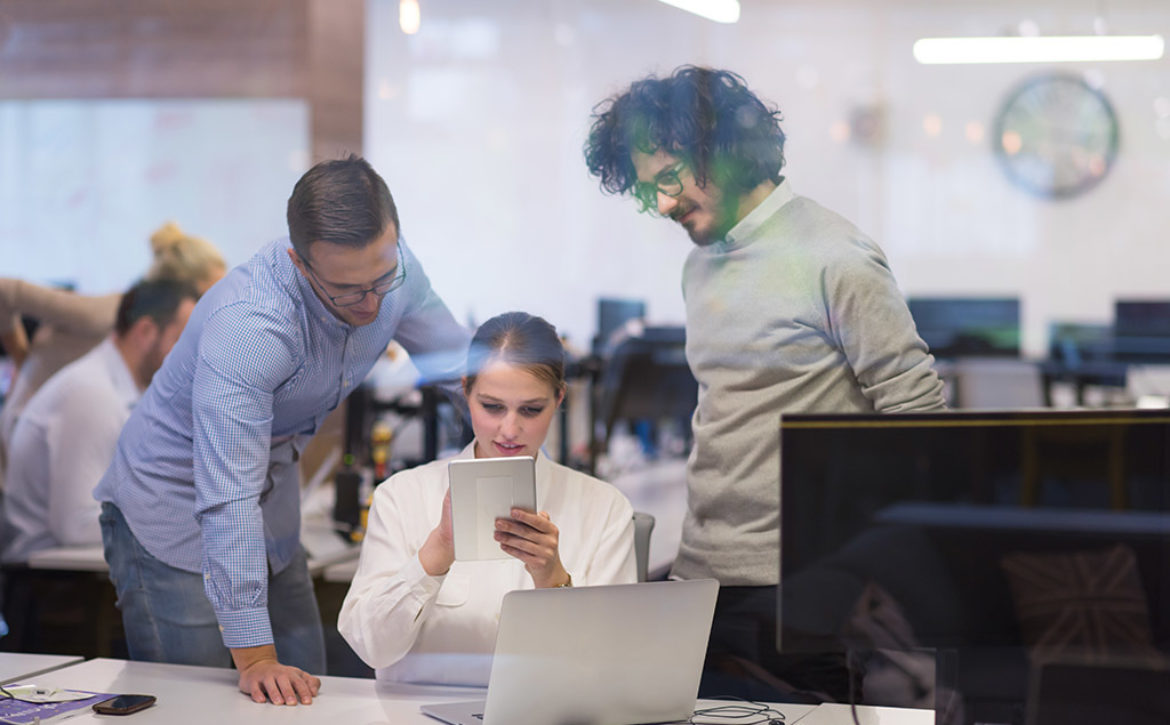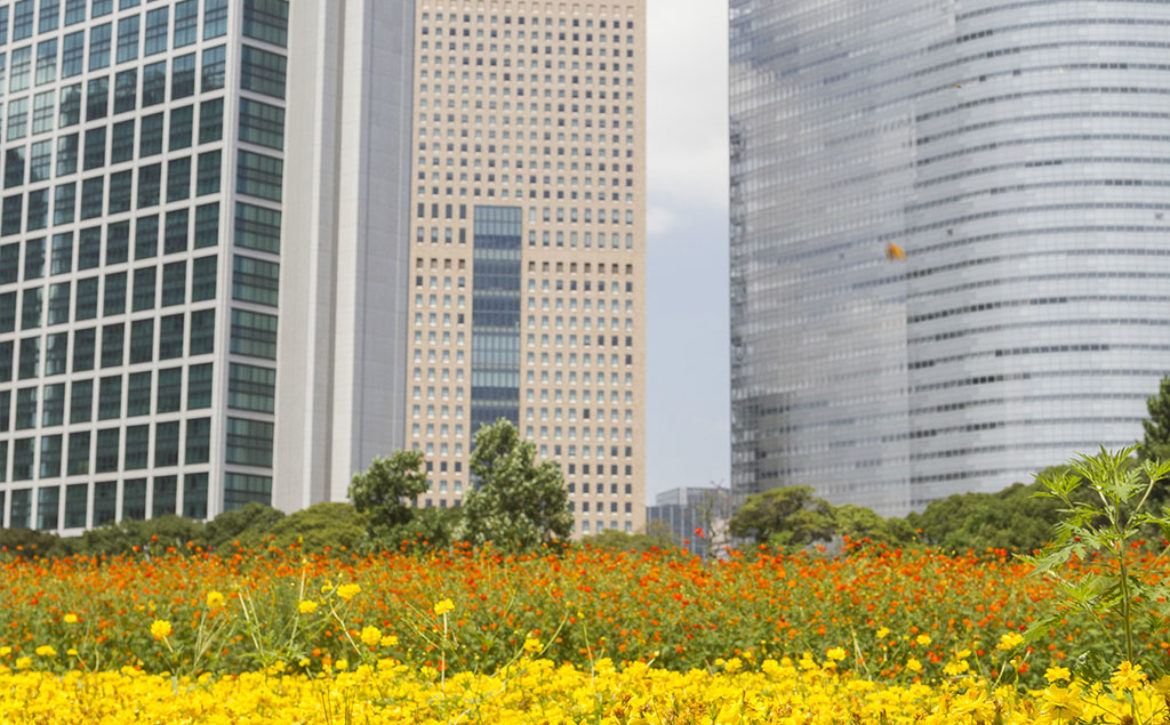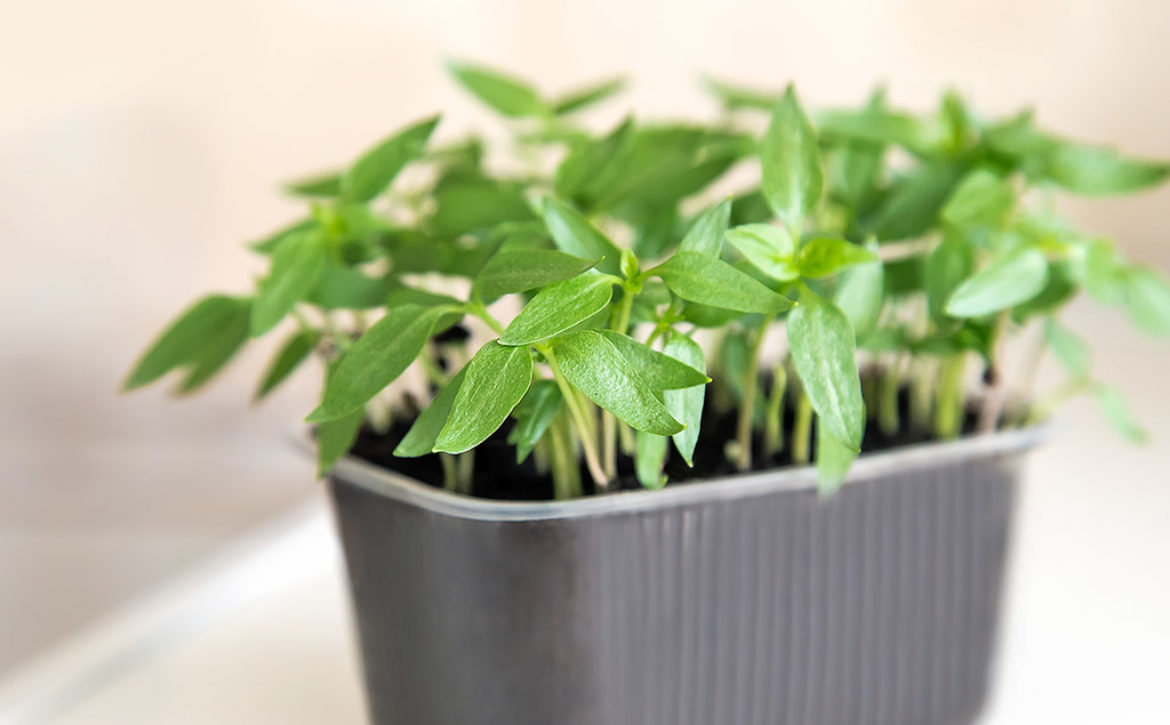REGIONAL SPATIAL INFORMATION SYSTEM (SESSION XV)
SESJA XV
REGIONAL SPATIAL INFORMATION SYSTEM
The session aims to present a publicly available map application – Geoportal of the Łódź Voivodeship, made rendered at www.geoportal.lodzkie.pl. The main purpose of the Geoportal’s operation is to equalize the disproportion in access to spatial information through the utilization of information technologies by either residents, entrepreneurs, schools, offices and anyone interested in information from the Łódź Voivodeship.
The following will be indicated:
- potential users,
- legal bases of map application functioning,
- content of selected thematic portals,
- content of reference (underlay) maps, as well as maps with industry information,
- basic, as well as selected advanced map application tools.











